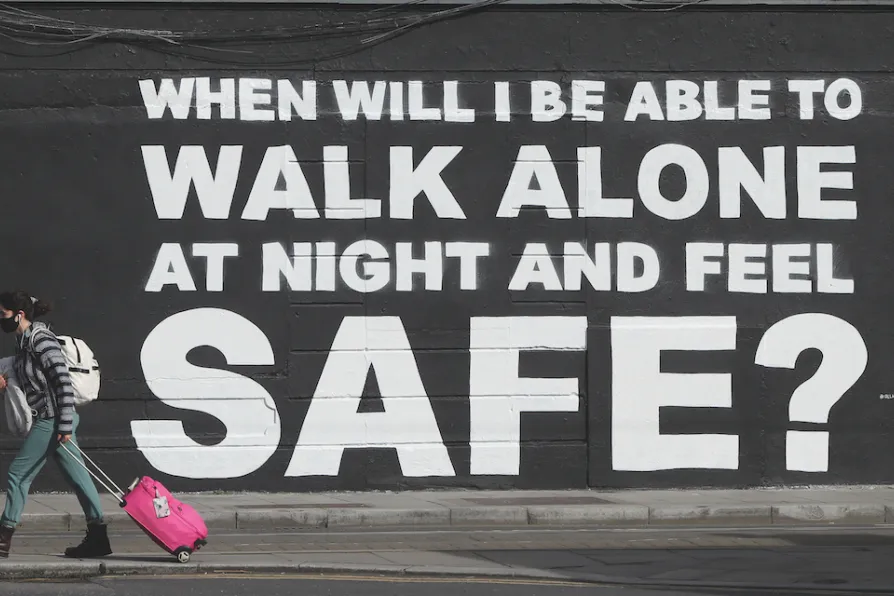As tens of thousands return to the streets for the first national Palestine march of 2026, this movement refuses to be sidelined or silenced, says PETER LEARY


EACH YEAR there are approximately 128,000 new victims of rape or attempted rape in England and Wales, while every day more than 300 women are raped and 190 rapes will be reported. Yet fewer than one in 60 rape cases currently lead to a charge, with more than 99 per cent that are reported to police failing to result in a conviction and only one in 77 rape suspects is ever successfully charged.
From 2018-2022, rape prosecutions in Britain fell by a staggering 70 per cent, while successful charge rates are wildly disparate depending on locale, varying from as low as 1.3 per cent in Surrey, to 8.2 per cent in Durham.
The prosecution rate is presently so poor that several women’s rights organisations, including the Centre for Women’s Justice, have gone so far as to claim that in Britain, rape has been effectively “decriminalised.”

To quell the public anger and silence the far right, Labour has rushed out a report so that it can launch a National Inquiry — ANN CZERNIK examines Baroness Casey’s incendiary audit and finds fatal flaws that fail to 'draw a line' under the scandal as hoped

Military justice system's ‘staggering lack of accountability’ and systemic failings revealed












